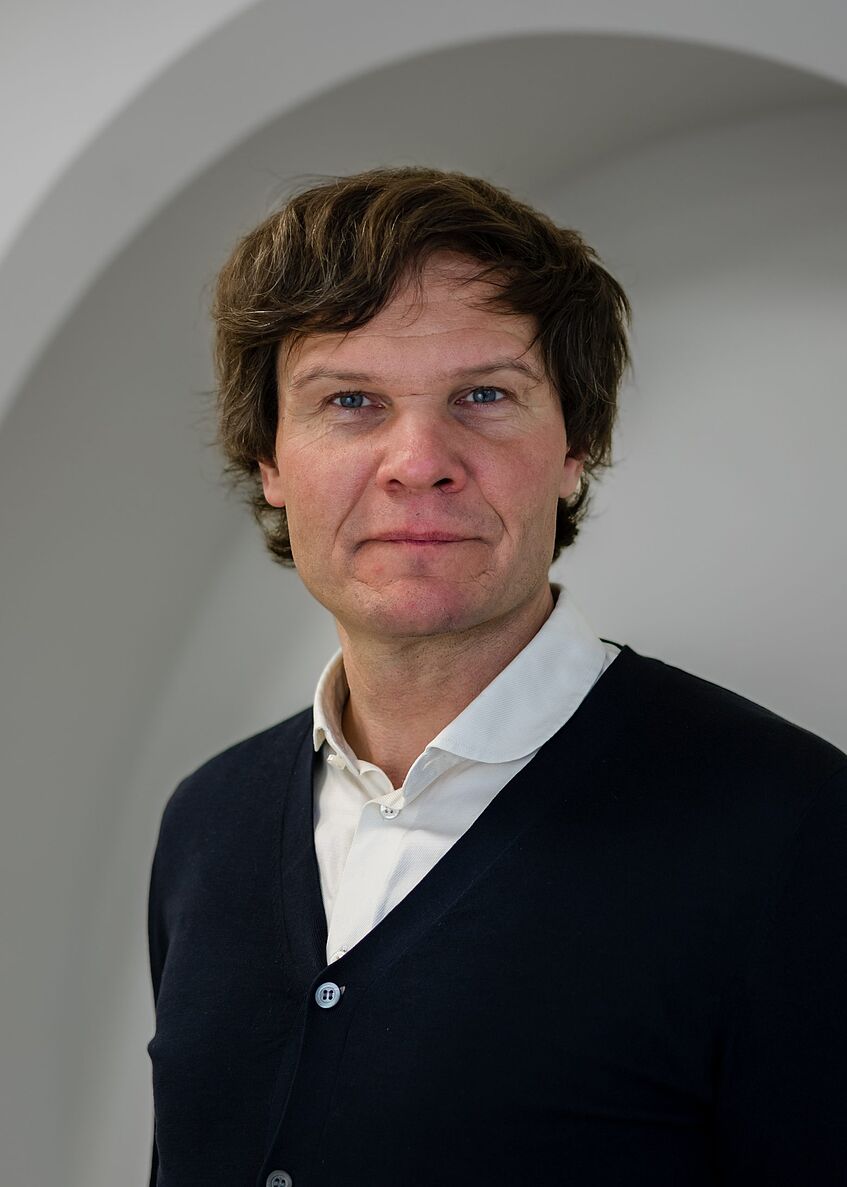From values-based foreign policy to industrial policy of technology transfer: the case of Taiwanese semiconductors in Lithuania

From values-based foreign policy to industrial policy of technology transfer: the case of Taiwanese semiconductors in Lithuania
Abstract:
Many scholars see effective industrial policies as key to economic upgrading. However, to design and implement such policies countries need to possess certain political and administrative capacities, which tend to be lacking in many Central Eastern European (CEE) countries for a variety of reasons such as higher electoral volatility and lower institutionalisation of party systems, lower interest group mobilisation, fragmented and little coordinated innovation capacities and excessively politicised executive agencies. The paper contributes to a deeper understanding of how effective industrial policies can still emerge from such conditions by presenting an argument for the industrial policy that is largely ad hoc, situational and improvised both in terms of political coordination and supporting socio-political coalitions. The paper grounds this argument empirically in a recent policy case from Lithuania. Started as a democratic values-based foreign policy for deepening political relations with Taiwan and later modified several times due to the response from China with unofficial economic sanctions and growing domestic dissatisfaction, the policy consequently resulted in an unprecedented transfer of a Taiwanese semiconductor manufacturing technology to a Lithuanian anchor firm thus laying the foundation for establishing a completely new high-technology productive capacity in the country. The paper traces political dynamics that led to this outcome and involved a combination of narrowly based ad hoc decisions, improvised navigation of international and domestic pressures as well as situational recalibration of the political goals and political coordination schemes.
When: Wednesday, 20th November 2024, 16:45
Where: Online & Konferenzraum, Department for Political Science, NIG, 2nd floor, Universitätsstraße 7, 1010 Vienna
Speaker: Marius Kalanta (Vilnius University)
Moderation: Visnja Vukov (Department of Political Science, University of Vienna)
For participation via zoom, please contact: lina.ehrich@univie.ac.at
